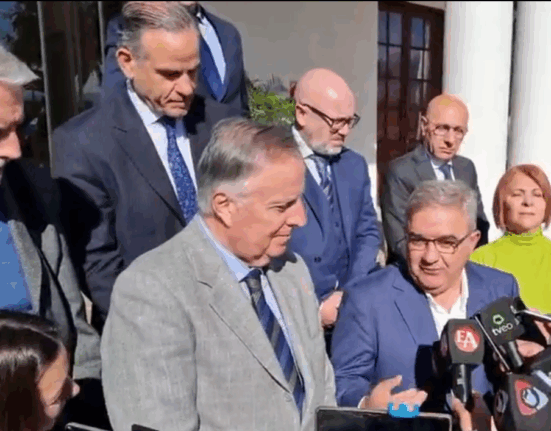University campuses have long been hotbeds of activism and free expression, where young minds grapple with complex social issues. The recent wave of student commencement speeches across prestigious institutions like MIT and Harvard has brought to light the intense debates surrounding Israel’s actions in Gaza and the challenges faced by students advocating for Palestinian rights.
Megha Vemuri, an Indian American class president at MIT, found herself at the center of a controversy when she was barred from attending her graduation ceremony after delivering a powerful speech denouncing Israel’s occupation of Palestine. In her address, she boldly declared,
“MIT students would never support a genocide,”
highlighting the university’s research ties with Israeli military forces and calling for an arms embargo on Israel. Despite facing pushback from university officials, Vemuri commended her peers for their resilience in protesting against suppression and intimidation.
The protests were not limited to MIT; they extended to Harvard University as well. Professor Andrew Crespo emphasized the importance of academic freedom and criticized attempts to stifle dissenting voices within educational institutions. He lauded students for their courage in standing up against efforts to silence discussions on vital issues such as climate change, vaccines, and racial inequality – topics that authoritarian forces seek to control or suppress.
Crespo’s remarks shed light on the broader implications of these crackdowns on academic independence. He urged universities to protect the rights of all individuals to study, publish, teach, and protest without fear of reprisal or censorship. By highlighting instances where peaceful protesters were denied degrees or suspended from campus activities, he underscored the need for institutions like Harvard to uphold democratic values even in challenging times.
Zehra Imam, a new graduate of Harvard Divinity School and Muslim associate chaplain at MIT who delivered a commencement address supporting Palestine, echoed this call for courage in confronting difficult truths. She emphasized the importance of solidarity among students from diverse backgrounds – including Christian and Jewish colleagues who collaborated on speeches – as they navigated contentious issues like Palestine within academic settings marked by increasing polarization.
Imam’s collaboration with fellow students reflected a shared commitment to fostering inclusive dialogue amid global divisions. Her advocacy for Palestinian rights resonated with experiences working closely with individuals affected by conflict in Gaza. By urging communities to confront war crimes and stand against injustice collectively, Imam highlighted the urgency of addressing humanitarian crises through informed activism.
The intertwined stories of Megha Vemuri, Andrew Crespo, Zehra Imam illustrate how student activism transcends individual experiences to shape institutional responses towards pressing social justice issues. Their collective voices speak not only to specific conflicts but also broader struggles for academic freedom and ethical engagement within higher education spaces.
As graduates navigate post-graduation journeys marked by uncertainty yet fueled by conviction, their resolve to speak out against injustices serves as a testament to the enduring power of youth-led movements advocating for equity and human rights worldwide. In an era defined by shifting political landscapes and evolving challenges, these brave individuals remind us that meaningful change often begins with courageous voices refusing to be silenced.









Leave feedback about this